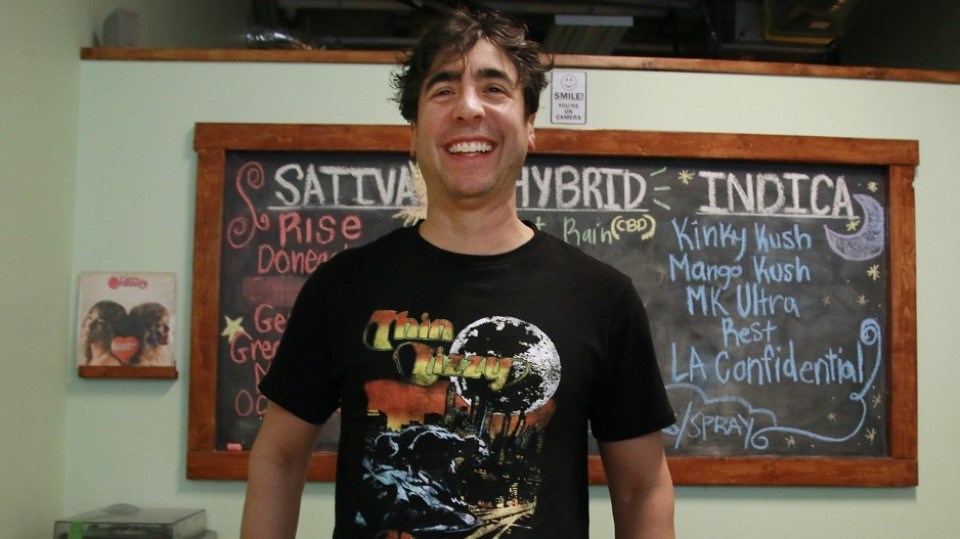Legal cannabis producers and sellers in B.C. are calling on the B.C. government to take action during union picketing to keep the supply of their products flowing so customers do not flock to the black market – something that would imperil public safety.
Donnelly Group owner Jeff Donnelly, who owns a string of legal cannabis stores branded Dutch Love, as well as more than a dozen pubs and liquor stores, said there is now a "horrible" business climate.
"Business is getting killed," he said. "We're getting crushed."
The British Columbia General Employees Union (BCGEU) on Aug. 15 started its strike at British Columbia Liquor Distribution Branch (BCLDB) warehouses in Richmond, Delta, Kamloops and Victoria, thereby disrupting cannabis shipments from producers to legal stores.
Donnelly anticipates soon closing at least a few of his eight cannabis stores in B.C., laying off staff and moving inventory to remaining stores where possible.
Retailers such as Donnelly, and Evergreen Cannabis owner Mike Babins, told BIV that they want the B.C. government to declare cannabis distribution as an essential service, much like it did during the early days of the COVID-19 pandemic.
Another solution is to allow legal cannabis producers to sell directly to licensed retailers. After all B.C.-based distillers – both craft distillers and others not in the craft-distillers guild – are able to sell products directly to restaurants, hotels and private liquor stores.
B.C. had planned to allow craft-cannabis producers, or small operators, to start selling cannabis directly to retailers on Aug. 15 – the same day that picketing broke out. The B.C. government then alerted craft-cannabis producers that the province was indefinitely postponing the planned direct-delivery program.
"The [BCLDB] must be particularly mindful of potential labour-relations sensitivities in the context of active bargaining negotiations," the BCLDB wrote to craft-cannabis producers to explain why it had suddenly changed its Aug. 15 direct-delivery launch.
Larger producers also want to be able to directly sell to stores.
Pure Sunfarms Corp. CEO Mandesh Dosanjh told BIV that government inaction is putting public safety at risk. He is also president of the Cannabis Cultivators of British Columbia – a lobby group that includes producers such as Pure Sunfarms, Rubicon Organics (CSE:ROMJ), Tantalus Labs and others.
Dosanjh pointed to Solicitor General Mike Farnworth last year urging British Columbians to not buy illegal cannabis because government testing revealed 20 samples of seized cannabis showed traces of 24 different kinds of bacteria, as well as fungi and heavy metals.
"That product is not safe," said Dosanjh, whose Pure Sunfarms is owned by Village Farms International (Nasdaq:VFF). "We're basically funding illicit activity and criminals at the expense of public safety."
Not only would the public potentially face health risks from ingesting black-market cannabis, but the proceeds of those sales would go to fuel gang wars, which often involve shootings in public places, he said.
Producers and retailers agree that government involvement in cannabis distribution added extra costs that made legal stores less competitive with the black market even before the strike started.
The B.C. government did not immediately respond to BIV's request for a comment on calls for it to act to protect public safety and limit job losses, thereby helping the economy.
Both the union and the government are not commenting on contract negotiations but the two sides have agreed to meet and try to find a solution.
The union has been calling for pay increases to meet the cost of inflation, which in B.C. ran at eight per cent in July. The government has offered a $2,500 signing bonus as well as an 11-per-cent wage hike over three years.




